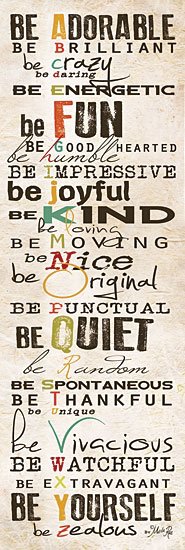Here are the handouts as well as some photos of the exercises we did...
|
Just led a wonderful workshop at the California Association for the Education of Young Children's 2015 Annual Conference in Sacramento. When early childhood teachers can see themselves as problem solvers and mathematicians, they are able to help their students see themselves as problem solvers and mathematicians. Here are the handouts as well as some photos of the exercises we did...
0 Comments
Just finished up a great webinar for the Penn Foster Professional Development Fair! I love the ideas that the participants were giving for how they're going to incorporate these concepts into their classrooms. :-) |
|||||||||||||||||||
| tgonczye150finalproject.doc | |
| File Size: | 341 kb |
| File Type: | doc |
Spring 2014 - Harvard Extension School - a brief problem statement on School Readiness: Early Math Learning.
| tgonczye150problempaper.doc | |
| File Size: | 28 kb |
| File Type: | doc |
| tgonczyfinalpaperharvardssci.doc | |
| File Size: | 225 kb |
| File Type: | doc |
There are definitely a lot more resources for early literacy than early math (about three times as many hits on Amazon), but early math is as important, if not more important. Research has found that early math skills are of course predictive of later math achievement, but are also more predictive of later reading achievement than early reading skills are. (Page on Ncpat)
Early math is so much more than just counting, but we can start there. Just as early language strategies tell you to "read, read, and then read some more", you should "count, count, and then count some more!" :-) Don't just recite the numbers, but count actual objects. Count your baby's toes, count the steps as you go up stairs, count out crackers as you're eating. "One wheel, two wheels, three wheels, four wheels, the car has four wheels!"
Besides counting, early math involves measuring. First measuring just means labeling with words, such as "bigger", "smaller", "longer", "shorter". And later, measuring involves using measuring tools like rulers and measuring cups. Just as with trying to use counting in everyday language, try to use measurement words when talking with your little ones.
Early math is also about recognizing patterns. Patterns are all over - there are patterns in time (our bedtime routine is snack, bath, song, and then lights out) and patterns in space (making a line of two short blocks, one long block, two short blocks, one long block). Ask your child, "What do you will come next?" or "What's missing?" You can use music and movement to create patterns, such as jump, clap, tap your head.
Early math involves sorting and organizing data. At the beginning, that just means matching socks by color or sorting food by whether it goes in the fridge, freezer, or cupboard. Later, analyzing data means making simple charts or graphs of the weather, or what color cars passed by the house that morning.
Interaction is the key - talking with your child about mathematical concepts, which doesn't mean explaining calculus to them - it just means saying "over" and "under".
The NAEYC (National Association for the Education of Young Children) has some good resources... Math Talk with Infants and Toddlers
The Twitter feed @EarlyMath also posts lots of interesting research and ways to develop early math skills. Early Math (earlymath) on Twitter
Teresa Gonczy
My thoughts on education, cognitive science, early childhood, organization management, non-profits, and whatever else I happen to be thinking about! :-)
Archives
February 2017
December 2016
October 2016
May 2016
March 2016
November 2015
May 2015
March 2015
October 2014
September 2014
August 2014
April 2014
February 2014
December 2013
November 2013
October 2013
September 2013
June 2013
May 2013
December 2012
November 2012
May 2012
October 2011
June 2010
December 2009
June 2003
Categories
All
Cognitive Skills
Community
Company Culture
Early Childhood
Early Language Learning
Early Math Learning
Empathy
Executive Functioning Skills
Happiness
Homeschooling
Infant & Toddler
Informal Learning
Maker Education
Marketing
Non Cognitive Skills
Organization Management
STEM & STEAM
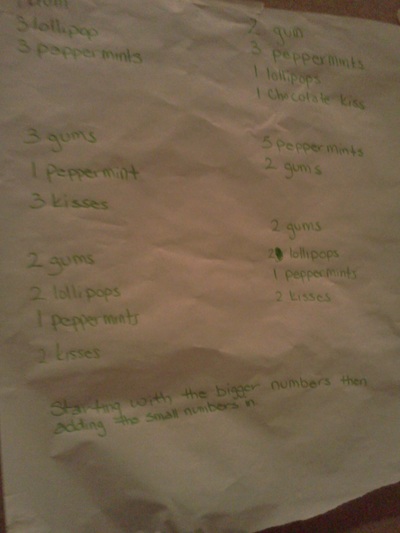
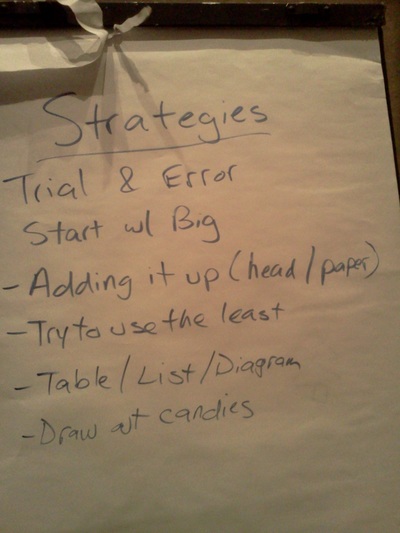
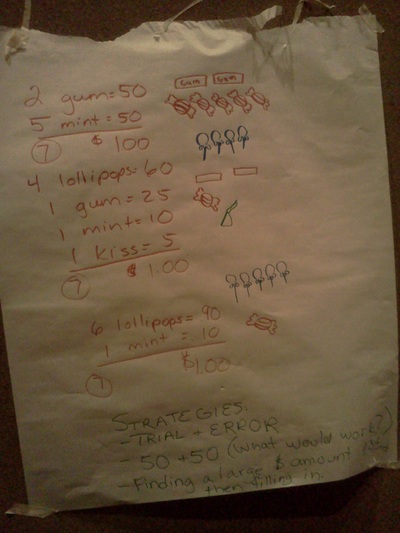
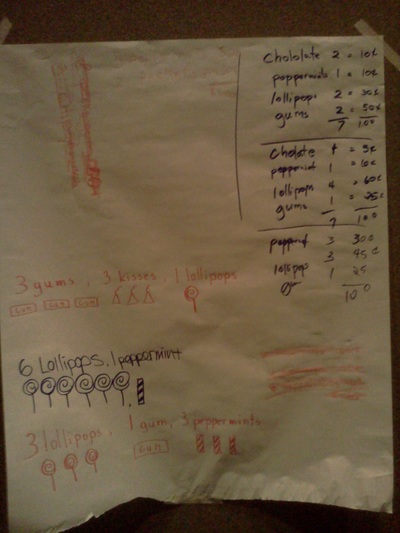
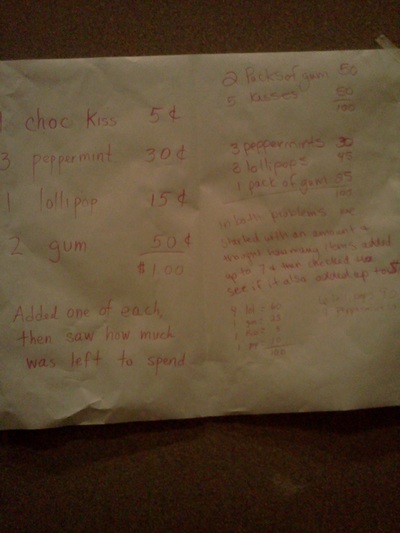
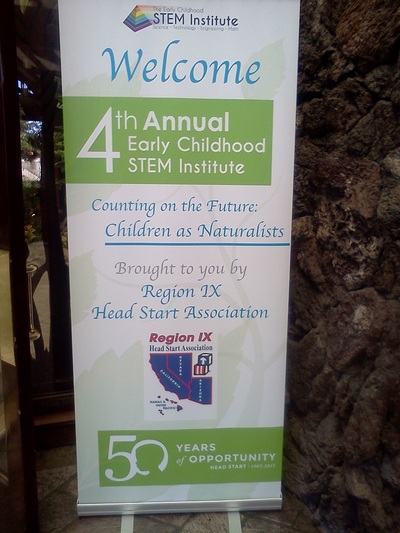
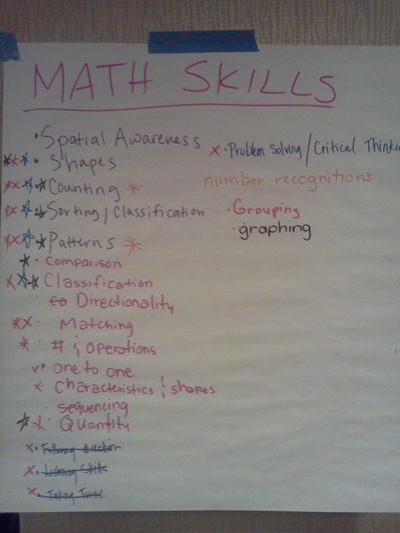
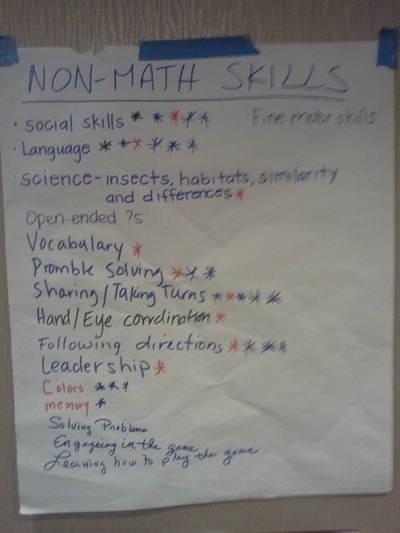
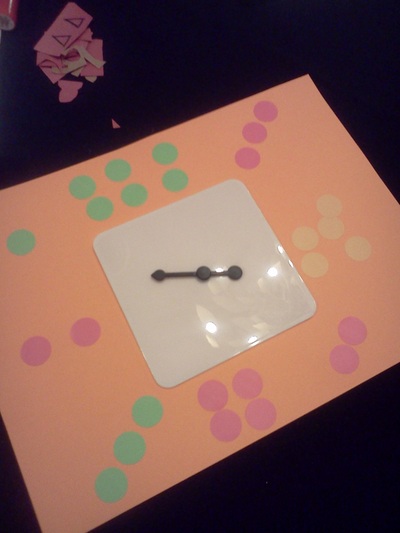
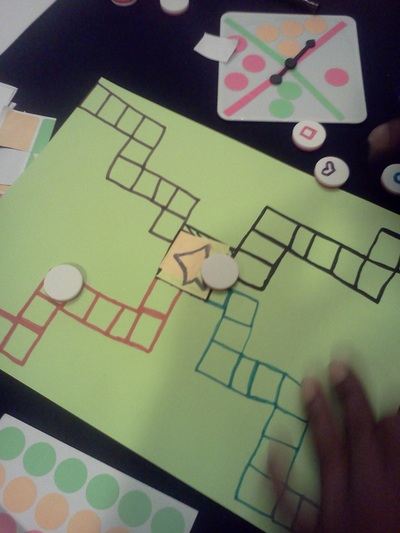
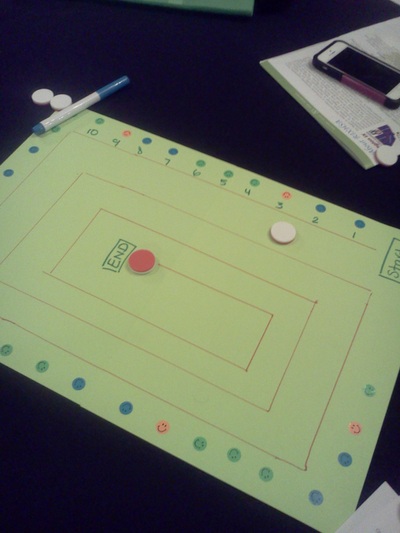
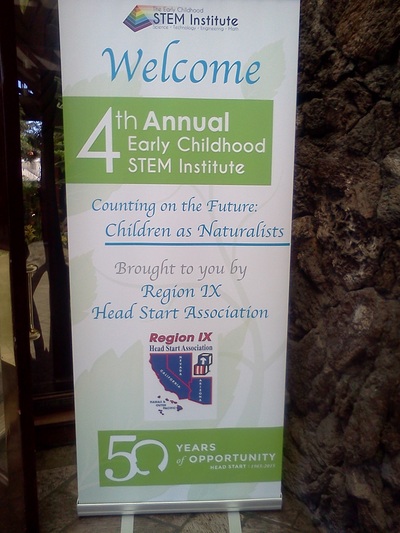
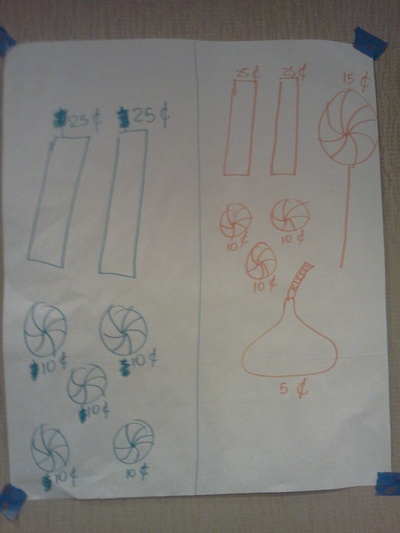
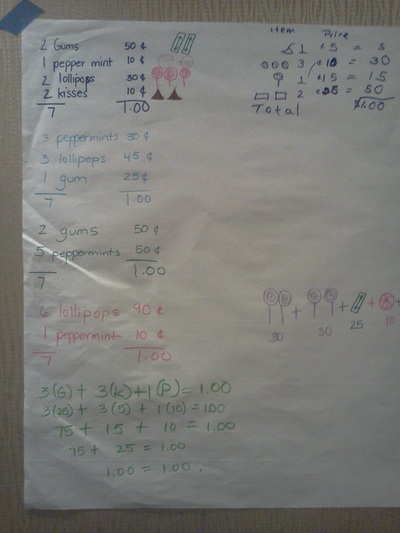
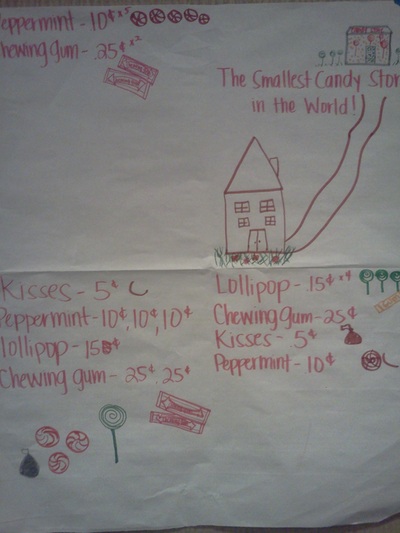
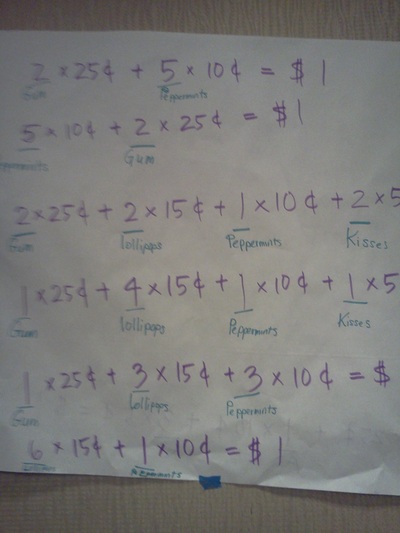
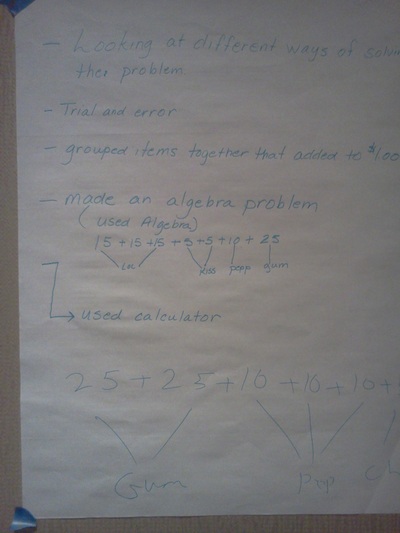
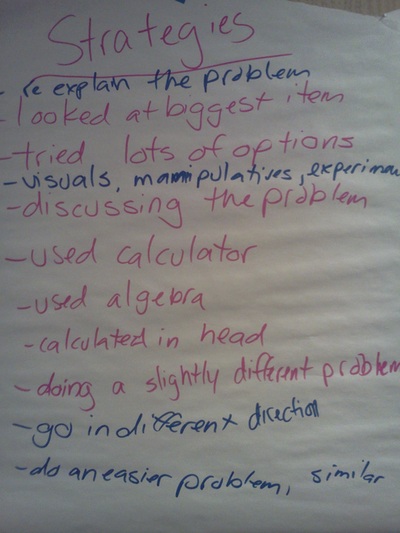
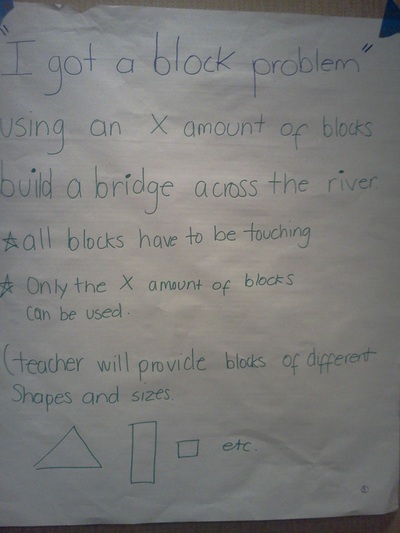
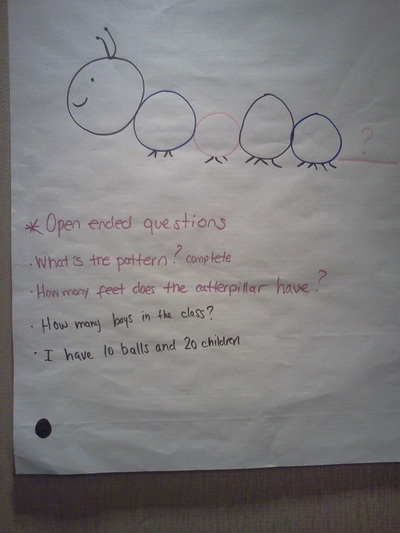

 RSS Feed
RSS Feed
